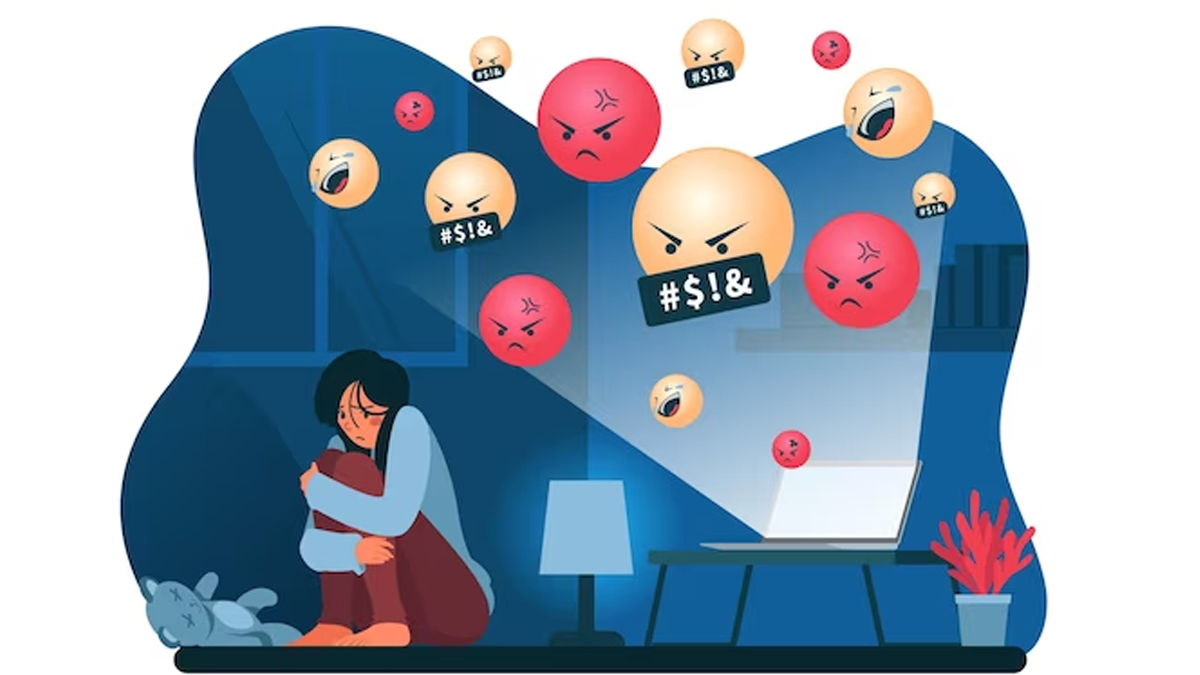Legal Implications:
- Criminalization of Suicide: Historically, suicide was a criminal offense in India under Section 309 of the Indian Penal Code (IPC). However, in 2017, the Mental Healthcare Act was enacted, decriminalizing suicide and emphasizing mental health care instead. Despite this change, the act of aiding or abetting suicide remains a criminal offense under Section 306 of the IPC.
- Lack of Legislation on Assisted Suicide: India lacks specific legislation on assisted suicide or euthanasia. The absence of clear laws can create uncertainty for healthcare professionals, patients, and their families, leading to legal ambiguity and potential misuse.
- Right to Life and Personal Liberty: The Indian Constitution, under Article 21, guarantees the right to life and personal liberty. This has been interpreted by some to include the right to die with dignity. However, the absence of specific legislation addressing assisted suicide leaves room for varying interpretations.
- Landmark Case – Aruna Shanbaug: In the case of Aruna Shanbaug in 2011, the Supreme Court of India allowed passive euthanasia under certain conditions. The court held that withdrawing life support could be permissible in specific cases, but this did not explicitly address assisted suicide.
- Pending Legislation: There have been proposals for legislation on assisted suicide and euthanasia in India. The “Medical Treatment of Terminally Ill Patients (Protection of Patients and Medical Practitioners) Bill” was introduced in the Rajya Sabha in 2016 but has not been enacted into law.
Ethical Implications:
- Autonomy and Dignity: Advocates for assisted suicide argue that individuals have the autonomy to make decisions about their lives, including the choice to end their suffering. They emphasize the importance of respecting an individual’s dignity and right to die with autonomy.
- Concerns about Abuse: Opponents of assisted suicide express concerns about potential abuse, coercion, and the slippery slope that may lead to involuntary euthanasia. They worry that vulnerable individuals, such as those with disabilities or the elderly, may be pressured into choosing assisted suicide.
- Medical Professional Ethics: Healthcare professionals may grapple with ethical dilemmas when it comes to assisting in suicide. The principle of preserving life conflicts with the patient’s autonomy, and medical practitioners may face moral distress in deciding whether to uphold the patient’s wishes.
- Cultural and Religious Perspectives: India is culturally and religiously diverse, and attitudes toward death and dying vary. Some cultural and religious beliefs may support the idea of a peaceful death, while others may emphasize the sanctity of life and oppose assisted suicide.
In conclusion, the legal and ethical implications of assisted suicide in India are complex and multifaceted. The lack of specific legislation creates ambiguity, and the debates involve considerations of individual autonomy, societal values, and medical ethics. As the legal landscape may change, it is essential to stay updated on developments in this area.
